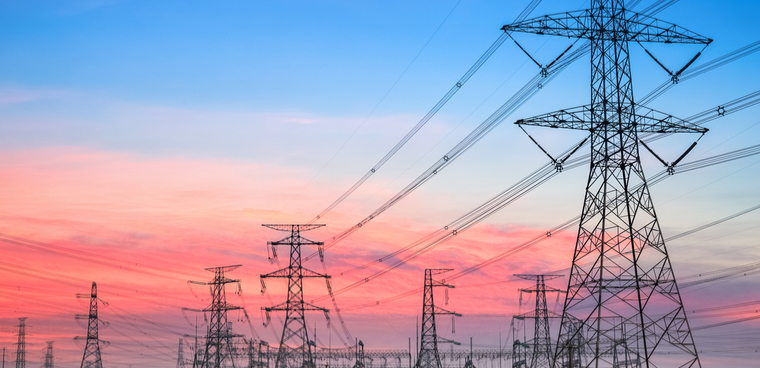Questions remain on Energy's cyber shop

There is bipartisan support to fund the Energy Department's new cybersecurity office, some on Capitol Hill want more tangibles.

There is bipartisan support to fund the Energy Department's new cybersecurity office, some on Capitol Hill want more tangibles.
The new Office of Cybersecurity, Energy Security, and Emergency Response (CESER) recently released a cybersecurity plan designed to reduce the risk of disruptions, either physical or cyber-based, to the nation's energy delivery systems.
Under the plan, CESER will work with energy sector partners on preparedness, including sharing threat information, as well as coordinate cyber incident response and recovery. The new office also is tasked with tapping National Lab research to develop more cyber resistant and resilient energy systems.
Congress has been calling for better-coordinated response to the growing threat to energy infrastructure for some time.
At a March Senate Energy and Natural Resources Committee hearing, for instance, Sen. Maria Cantwell (D-Wash.) -- the panel's ranking member -- said the new CESER office offered only a "marginal increase" in protection for energy infrastructure.
Committee Chairwoman Lisa Murkowski (R-Alaska) said she shared Cantwell's concerns and wanted more coordination on the issue between the Energy Department, the Department of Homeland Security and the FBI in responding to intrusions into energy infrastructure, such as those the federal government attributed to Russian- government actors.
The House Appropriations Committee plans to offer $146 million to fund the new office -- more than was in the administration's request. The formation of CESER, said one Senate source, "shows DOE is focused on cybersecurity and that it's an issue… It's a step in the right direction." However, the lack of senior leadership remains a concern.
"We're still waiting to see what actually happens," the source said.
The Energy Department said CESER would be led by an assistant secretary-level official, but so far no one has been named. DOE Assistant Secretary for Electricity Delivery and Energy Reliability Bruce J. Walker signed off on the cyber report.


